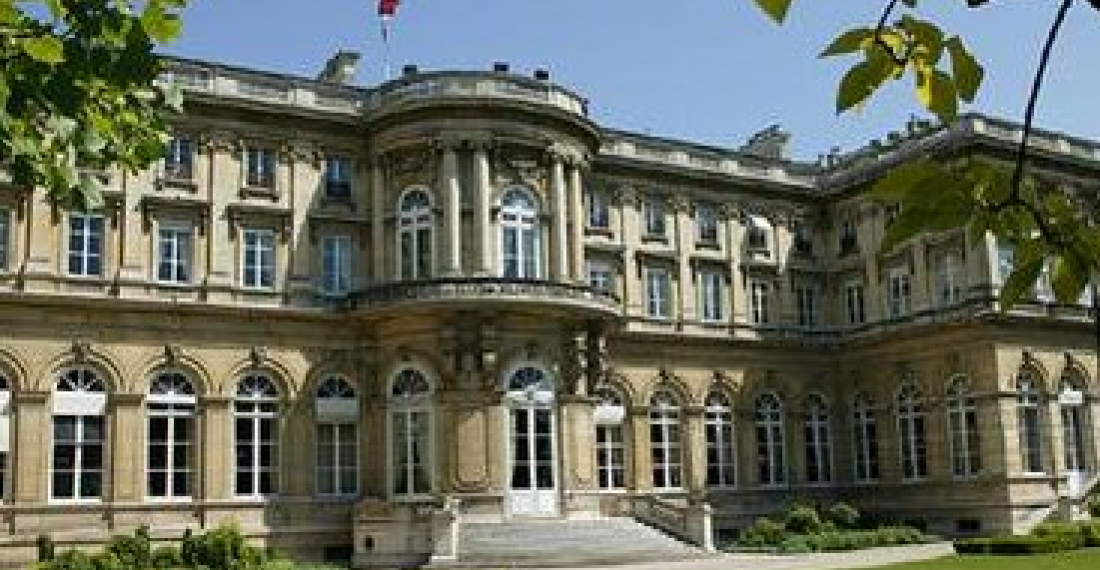The spokesperson of the French Foreign Ministry on Thursday (26 November) clarified France's position on Nagorno-Karabakh after a decision the day before in the French Senate to recognise the self-declared Nagorno-Karabakh Republic.
A statement posted on the website of the Quai d'Orsay said
"The Senate adopted a resolution on November 25 calling for the recognition by the French authorities of the self-proclaimed Republic of Nagorno-Karabakh. During the debates preceding the vote, Mr. Jean-Baptiste Lemoyne, Secretary of State in charge of tourism, French people living abroad and the Francophonie, recalled the French government's position on this issue: France does not recognize the self-proclaimed Nagorno-Karabakh republic.
Our responsibility as co-chair of the OSCE Minsk Group is to work for a negotiated solution to the Nagorno-Karabakh conflict, in particular on the issue of the future status of Nagorno-Karabakh, and the outcome of these negotiations cannot cannot be determined beforehand and unilaterally. Our priority today must be to ensure the safe return of people displaced by the conflict that has arisen in recent weeks. During his address to the Senate, the Secretary of State further noted that no state has so far recognized Nagorno-Karabakh.
As a responsible country, faithful to its values and its commitment to peace, France remains determined in this context to see a lasting settlement of the conflict, with demands for security and dignity for the peoples of the region. France will continue to do everything in its power to stabilize the situation in the South Caucasus. It will remain committed, within the relevant framework of the co-chairmanship[ of the Minsk Group, to move forward on all the parameters still to be negotiated following the ceasefire agreement concluded on 9 November, in particular with regard to the departure of foreign mercenaries deployed during the conflict or the protection of the region's historical and cultural heritage."
There had earlier been a sharp reaction in Baku to the decision of the French senate. The Azerbaijan parliament issued a tough statement calling on the government to recall its Ambassador in Paris. The French Ambassador to Azerbaijan was also summoned to the Foreign Ministry and handed a protest note.
source: commonspace.eu with the press service of the French foreign ministry and agencies
photo: The Quai d'Orsay building of the French Foreign Ministry in Paris (archive picture)







